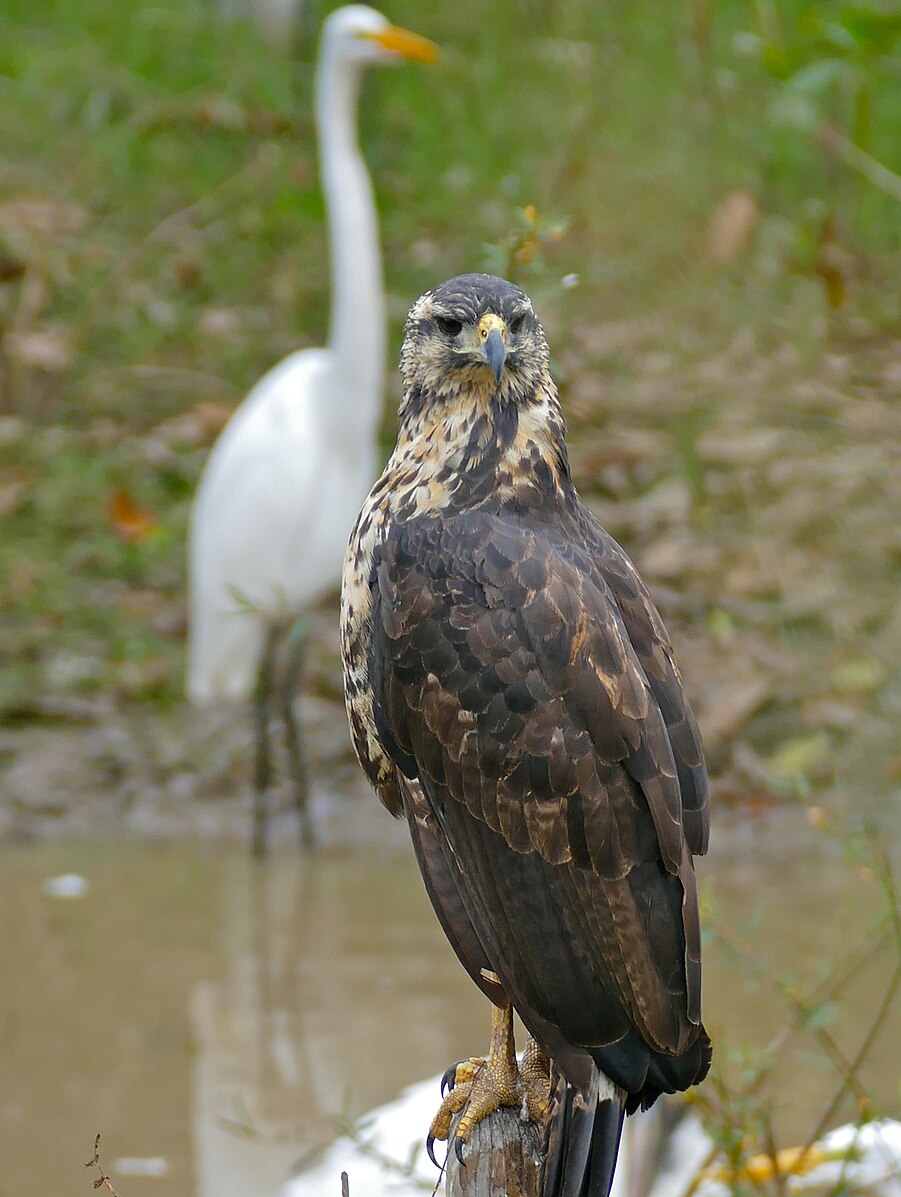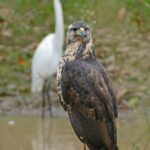Great black hawks are birds of prey that primarily feed on small mammals, reptiles, and other birds. While they are known to occasionally prey on chickens, it is not their primary food source. The idea that black chickens deter hawks better due to their resemblance to crows has been discussed in various forums and communities, but there is no scientific evidence to support this claim.
Do Great Black Hawks Prey on Chickens?
Great black hawks are large, powerful birds of prey that can grow up to 24 inches in length and have a wingspan of up to 54 inches. They are known to primarily feed on small mammals, reptiles, and other birds. While they may occasionally prey on chickens, it is not their main food source.
The reason for this is that chickens are not the preferred prey for great black hawks. These hawks are skilled hunters and prefer to target smaller, more agile prey that is easier to catch and kill. Chickens, on the other hand, are relatively slow-moving and larger in size, making them less appealing targets for these birds of prey.
Can Black Chickens Deter Great Black Hawks?
 Image source: Great Black Hawk by Bernard DUPONT
Image source: Great Black Hawk by Bernard DUPONT
The idea that black chickens can deter great black hawks better than other colored chickens due to their resemblance to crows has been discussed in various online forums and communities. However, there is no scientific evidence to support this claim.
Hawks have excellent eyesight and can easily distinguish between a crow and a chicken based on size, height, movement, and sound. Crows are much smaller than chickens, and their behavior and vocalizations are quite different from those of chickens.
While some anecdotal evidence suggests that having larger black chickens, such as Jersey Giants, can potentially deter hawks due to their size and appearance, this is not a guaranteed method of protection. It is essential to provide adequate cover and shelter for the flock, as well as having a guard animal, such as a rooster, to help protect the chickens.
Protecting Chickens from Great Black Hawks
To protect your chickens from great black hawks, it is important to take a multi-faceted approach. Here are some tips:
-
Provide Adequate Shelter: Ensure that your chickens have access to a secure coop or run that is well-covered and protected from aerial predators.
-
Use Deterrents: Consider installing physical deterrents, such as netting or overhead wires, to discourage hawks from entering the chicken’s area.
-
Encourage Natural Predators: Encourage the presence of natural predators, such as owls or falcons, that can help deter great black hawks from the area.
-
Have a Guard Animal: Consider keeping a rooster or other guard animal in the flock to help alert the chickens and deter predators.
-
Maintain Vigilance: Regularly monitor your chickens and the surrounding area for any signs of hawk activity or potential threats.
By implementing these strategies, you can help protect your chickens from great black hawks and other predators.
Conclusion
In conclusion, while great black hawks may occasionally prey on chickens, it is not their primary food source. The idea that black chickens deter hawks better due to their resemblance to crows is not supported by scientific evidence. Instead, it is essential to provide adequate shelter, use deterrents, encourage natural predators, and maintain vigilance to protect your chickens from these birds of prey.


